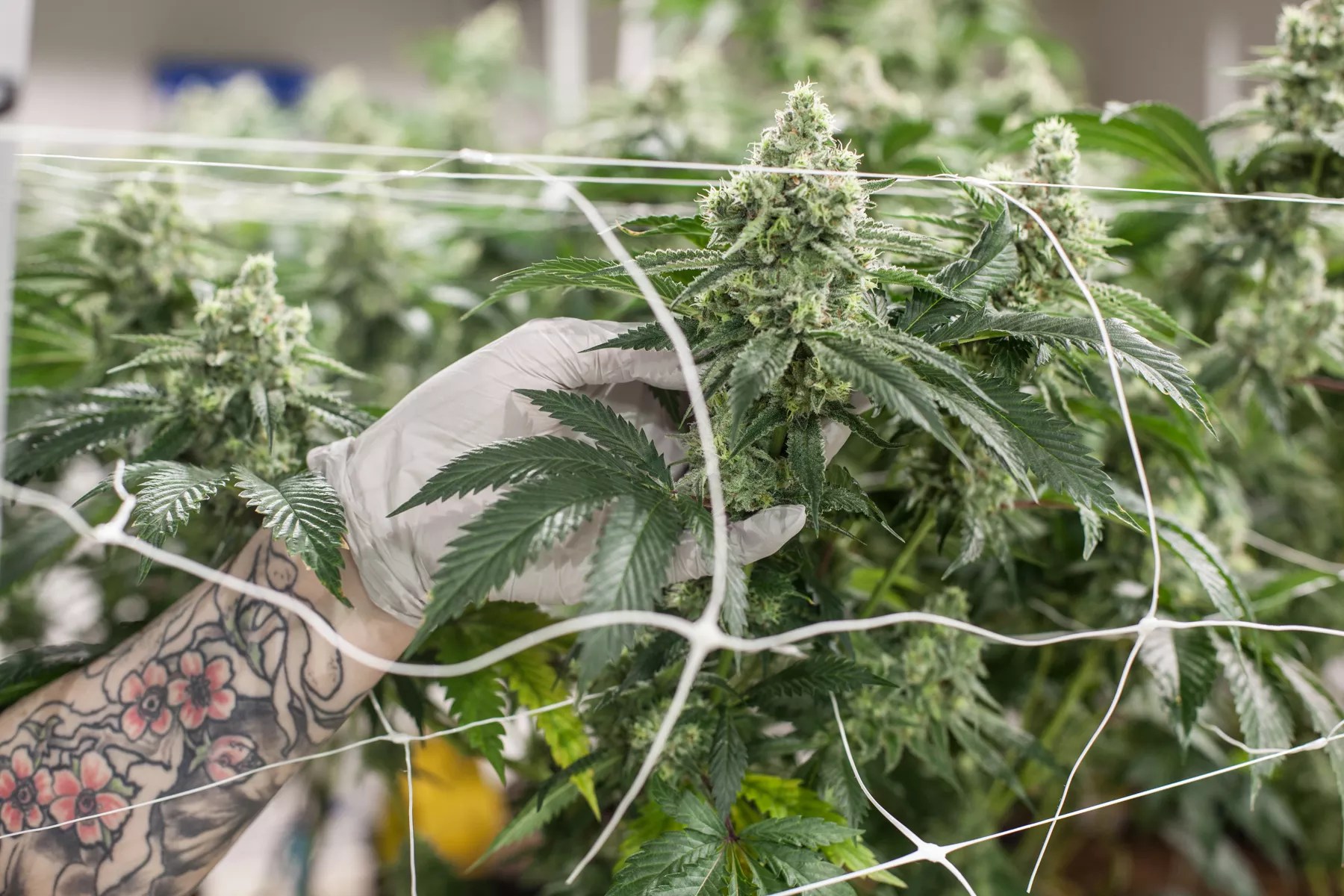
Jacqueline Collins

Audio By Carbonatix
Righting the wrongs of the War on Drugs is an enormous task, but one that Colorado’s legal cannabis industry is willing to take on, given the grim statistics. Black Coloradans are two times more likely to be arrested for marijuana offenses than white Coloradans, and only 7 percent of the state’s cannabis business owners are people of color, according to the Black Cannabis Equity Initiative, which wants to change that.
In a Zoom meeting on November 19, officials from Denver, Aurora and the state discussed policy changes that will affect the marijuana industry in 2021. The virtual gathering also offered a platform where cannabis industry members, social equity stakeholders and community representatives could discuss their hopes for social equity.
John Bailey, founder of the Black Cannabis Equity Initiative, opened the meeting by emphasizing the importance of social equity in the cannabis industry. “I believe the reason we don’t know what social equity looks like as a society is because we’ve never seen it,” he said. “The cannabis industry is no exception.”
But that could be changing. Referencing musician Gil Scott-Heron, Bailey explained: “If any of you have ever listened to Gil Scott-Heron, there was an album called Winter in America, and on the cover was a clock, Big Ben, and the time on that clock was 12:01, the first minute of a new day.”
Ean Seeb, special advisor on cannabis for Governor Jared Polis, and Dominique Mendiola, deputy director of the Colorado Marijuana Enforcement Division, discussed the state rules going into effect on January 1, 2021, as well as Polis’s goals for the marijuana industry in the coming year.
The MED will accept social equity program applications on January 1, the day that House Bill 1424, which established the program, takes effect. Social equity licenses are available to Colorado residents who have been arrested or convicted of a marijuana offense, were subject to civil forfeiture in a cannabis investigation, or lived in a designated neighborhood of low economic opportunity or one that had high crime rates. (Having relatives who were subjected to arrest and/or conviction also qualifies an applicant.)
Applicants will need to submit a general license application as well as specialized applications for either the accelerator program or other license types (retail, cultivation, delivery, etc.). Expansions to the social equity accelerator program will also take effect on January 1; they will partner new business owners with already established cannabis companies to cultivate marijuana at licensed grow operation properties. The accelerator licenses will allow partners to operate retail dispensaries as well.
Seeb detailed several other “very specific and measurable” goals created by Polis’s cannabis cabinet for 2021. They include increasing equity and diversity in the cannabis industry by 10 percent by June 30 (from the current 191 minority and 375 women owners to 210 minority and 413 women); establishing a “cannabis industry assistance program for members of underrepresented communities,” also by June 30; setting up “a work group to evaluate and develop a strategic plan by next year to address criminal history disclosure requirements for licensing and expungement and sealing of records”; and boosting the hemp industry by increasing “the hemp producer’s commodity share through increased business partnerships.”
Also, in order to reduce the number of businesses operating entirely with cash, the Colorado Department of Regulatory Agencies “will increase the number of cannabis-related businesses that receive banking and financial services by about 20 percent each year through the end of 2023,” Seeb said.
Officials from Denver and Aurora discussed how their cities would be implementing new cannabis laws in the coming year. Local governments must opt in to any state laws affecting the marijuana industry in their jurisdictions, they noted; in 2021, those will include delivery and hospitality licenses as well as cannabis advertising laws.
“It’s really important to have consistency on a statewide basis,” said Ashley Kilroy, executive director of the Denver Department of Excise and Licenses. “When we have someone who qualifies as an equity applicant for a delivery business in Denver, that person will hopefully meet the same standards if they want to expand into Adams County or if they want to expand into Brighton.”
Denver is in the final stages of developing plans for delivery, hospitality and social equity licenses, which it expects Denver City Council to vote on in 2021. “We’re still in the development of all of this,” said Excise and Licenses’ Molly Duplechian. “However, we’re really just down to the final drafting details. We hope to release a draft ordinance by the end of the month and schedule some stakeholder feedback sessions for the month of December. The goal is to get our city council process kicked off in January of 2021.”
Aurora City Council will vote on a proposed social equity and delivery ordinance on December 7; if approved, delivery could start as soon as January. The ordinance would reserve marijuana delivery licenses for state social equity applicants for 36 months. Putting the proposed ordinance to a vote demonstrates that Aurora City Council is willing to take action on issues of social equity in the cannabis industry, said Robin Peterson, director of the Aurora Marijuana Enforcement Division.
And while hospitality licenses are also being discussed, she added, “that’s a little bit more of an in-depth conversation.”